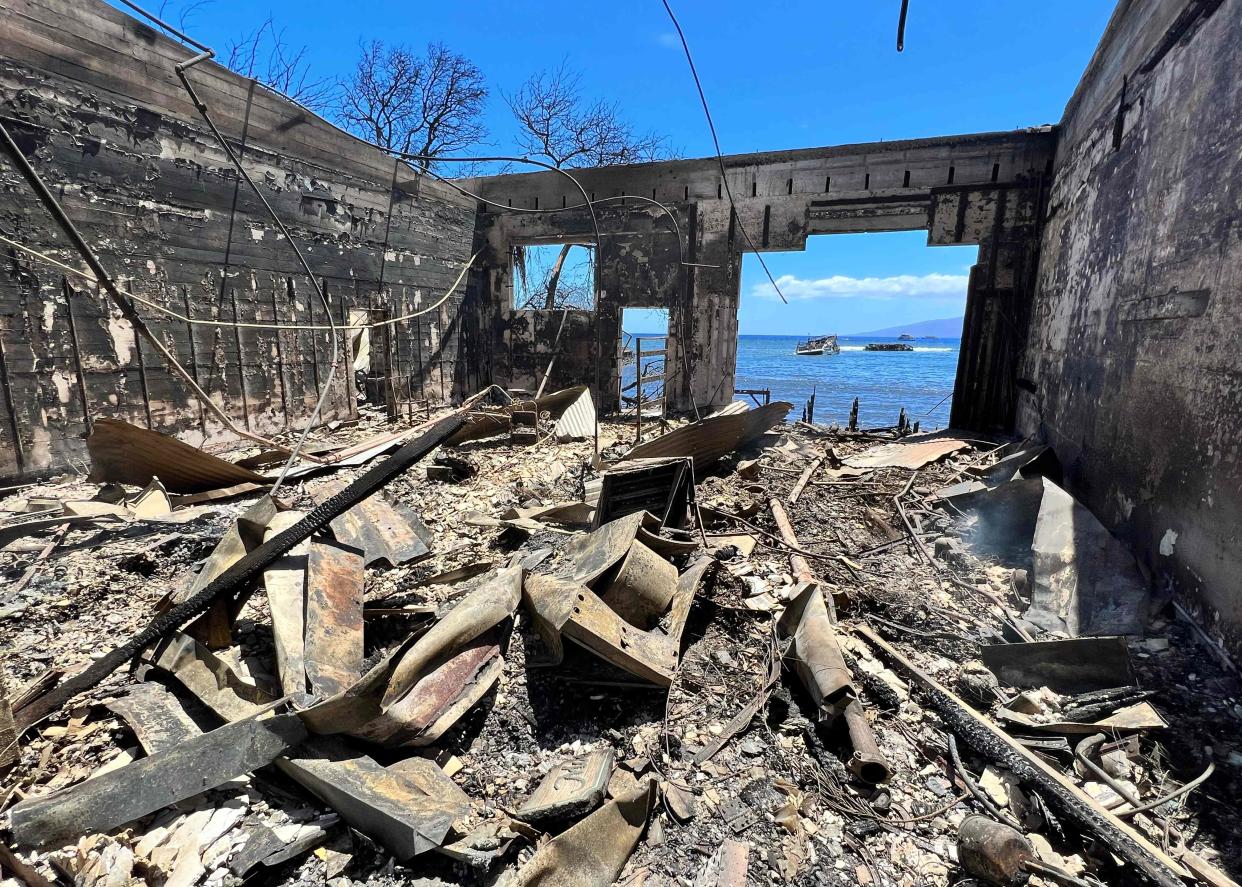Maui wildfire survivors struggle for homes: a new policy aims to fill empty houses

Hawaii state and federal officials are implementing a new housing policy to help more than 3,000 displaced residents of Maui—nearly eight months after one of the deadliest U.S. wildfires ravaged Lahaina. This initiative follows a troubling revelation that hundreds of homes designated for fire survivors are currently unoccupied.
Under this initiative, individuals qualifying for federal assistance or state aid will be offered longer-term housing opportunities based on their circumstances. If the household declines those options, survivors must find their own housing within eight days or start covering the expenses for their hotel stay.
Hawaii currently pays over $1,000 a day per family for the hotels as part of a $500 million contract with the American Red Cross.
“We are committed to working with individuals and families to address their specific needs and provide assistance in finding alternative housing options so that families can regain a sense of normalcy and stability in their lives,” Hawaii Emergency Management Agency (HI-EMA) Administrator James Barros said in a statement.
More: How did the wildfires start in Maui? A combination of factors fueled disaster
Meanwhile, the Federal Emergency Management Agency (FEMA) has announced its intentions to wrap up a hotel sheltering initiative by April 10. Despite securing 1,300 leased properties for survivors, the utilization of these accommodations falls short, with just over 550 currently occupied.
Acknowledging the need for expediency, FEMA aims to move 300 families into the leased properties per week. Still, recent data indicates a slower pace, with 65 to 100 families relocating per week, according to Curtis Brown, FEMA Region 9 Deputy Coordinating Officer for Maui.
“On average, it takes us about 30 days to license in a household because not only does that survivor have to do a background check, FEMA has to go inspect it to ensure that it meets (safety) standards,” Brown said. “So sometimes everything goes perfect. It takes about 30 days, but sometimes, we’ll match a family to a unit. We interviewed that family, and now it’s not a one bedroom that they need, but now they need a two bedroom, so that process sometimes has to start over.”
More: Hawaii lawmakers question impartiality of Maui County's wildfire investigation
Less than a month before the deadline, FEMA’s decision to extend the hotel sheltering program is anticipated within the next few weeks. If an extension is not approved, FEMA will no longer provide federal funding to assist Hawaii in housing displaced residents in hotels.
“We’re working with the state. I mean, obviously, we’d love to have all those survivors out of hotels so we can meet that April 10 deadline, but we’re working with the state to see where we’re at by then,” Brown said.
Brown hopes that once residents move into a longer-term home, they will have enough time to find a permanent solution.
“FEMA direct lease program runs for 18 months with the possibility of extensions,” Brown said. “The state of Hawaii and (Maui County) are working on affordable housing programs, and I think during the next 18 months to three years, I think there’ll be (permanent) opportunities for them.”
More: Hawaii Sen. Brian Schatz slams Congress for "failing" Maui wildfire survivors
To learn more, displaced residents are encouraged to visit the Maui Recovers website or Lahaina Civic Center, where FEMA staff and county, state, and non-governmental organizations can offer various services.
Jeremy Yurow is a politics reporting fellow based in Hawaii for the USA TODAY Network. You can reach him at [email protected] or on X @JeremyYurow
This article originally appeared on Arizona Republic: Hawaii scrambles to move displaced Maui residents out of shelters